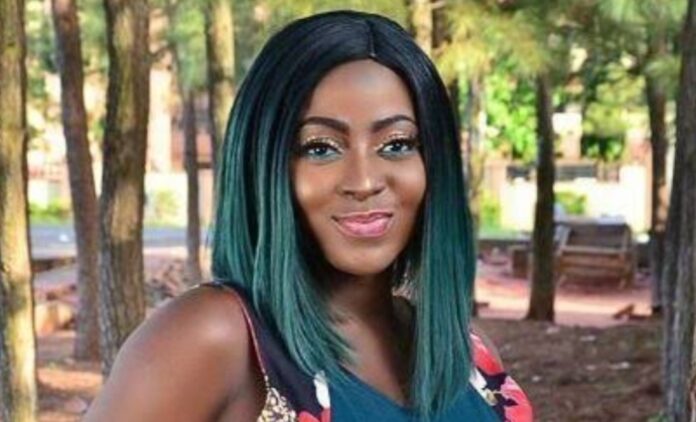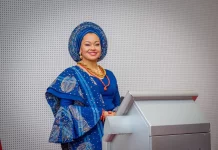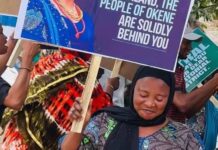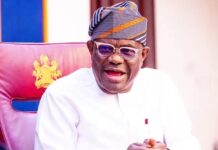Akonanya also claimed her relationships don’t end well because her lovers act like they are “doing her a favour“
By Kehinde Okeowo
Amputee Nollywood actress, movie producer, skit maker and dancer, Doris Samuel Akonanya has said most men who dated her in the past did so out of pity or adventure.
The thespian made this known during a recent interview with Yan Kontent Factory, where she also spoke about her experiences in the movie industry.

Akonanya said none of her past relationships ended well because her boyfriends jilted her and acted like they were “doing her a favour”.
ALSO READ: Falz hints at walking down the aisle soon
When asked if she is treated differently by people, she said yes, but added that doesn’t like it because it is mainly motivated by pity.
She, however, noted that despite her differently-abled status, she can do everything an able-bodied adult can do.
Also, speaking on her source of income, the actress revealed that aside from movies, she has other streams of income.
Akonanya said: “I do get extra money on the side by taking photos and videos of myself in scanty outfits for some white guys called Devotees.”
The skit maker also delved into the debate on who is better between Asaba movie producers dubbed ‘Asabahood’ and their Lagos counterpart, saying those in Asaba make more relatable films, as opposed to others who ‘copy the whites’.















